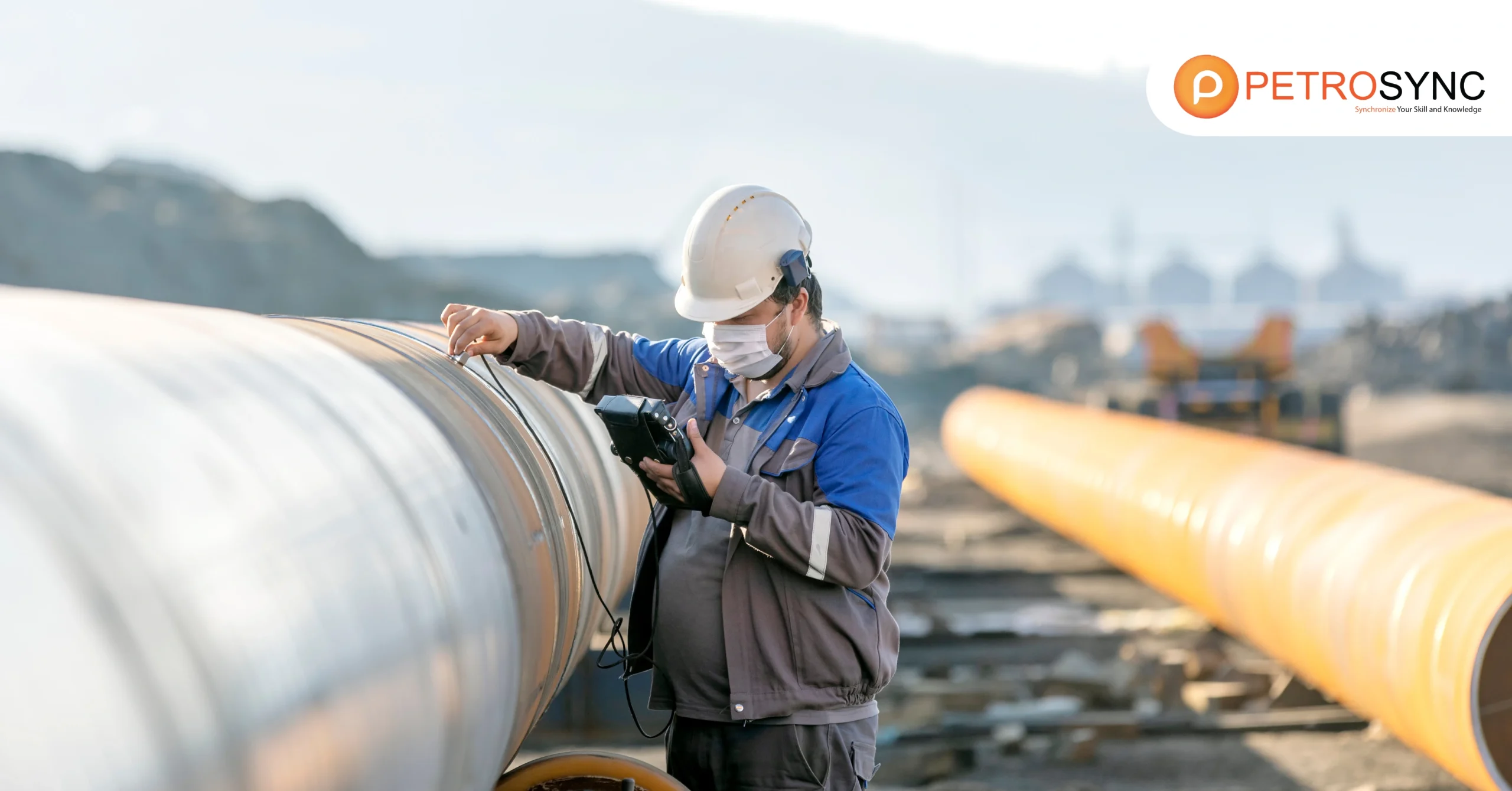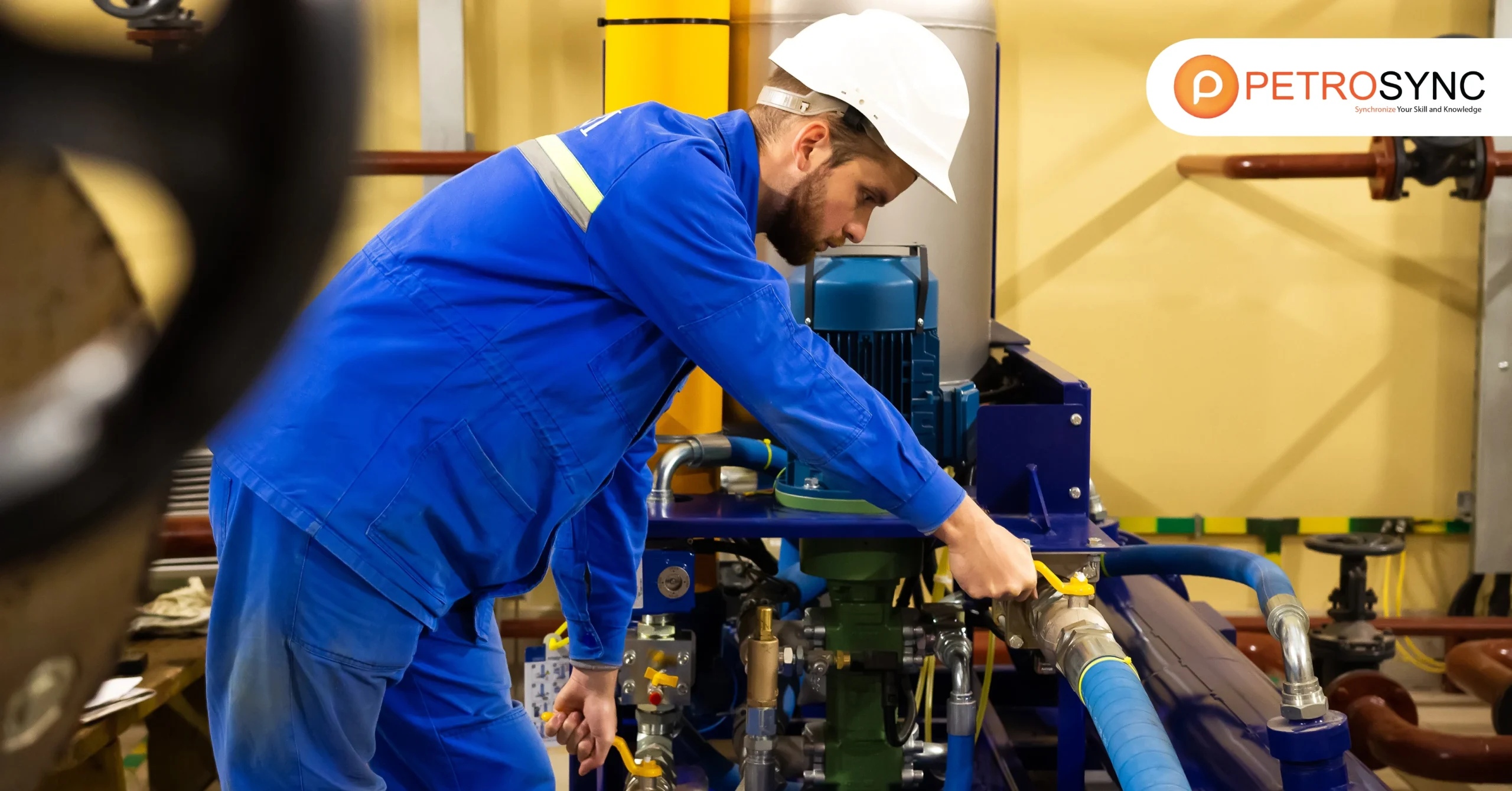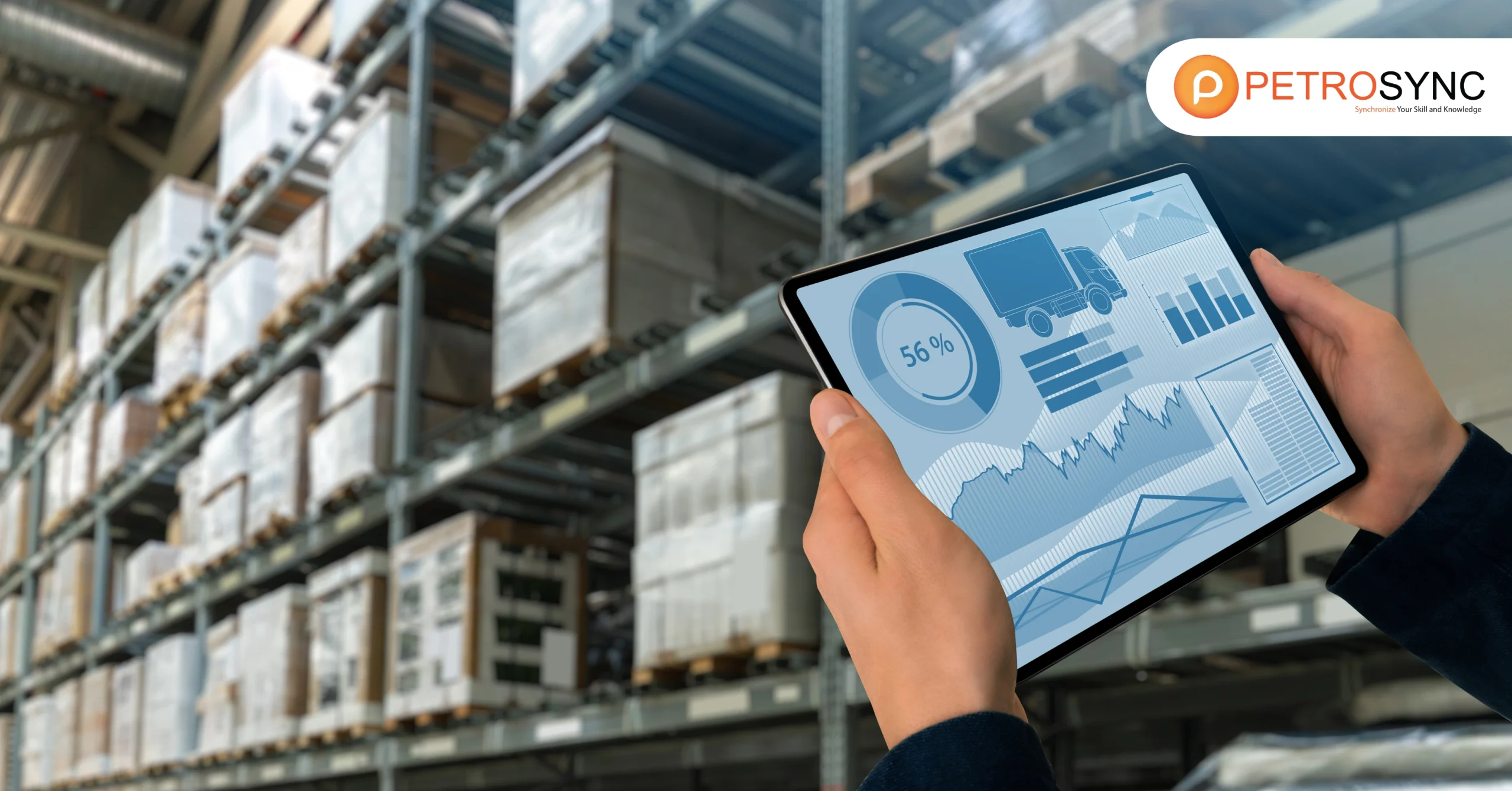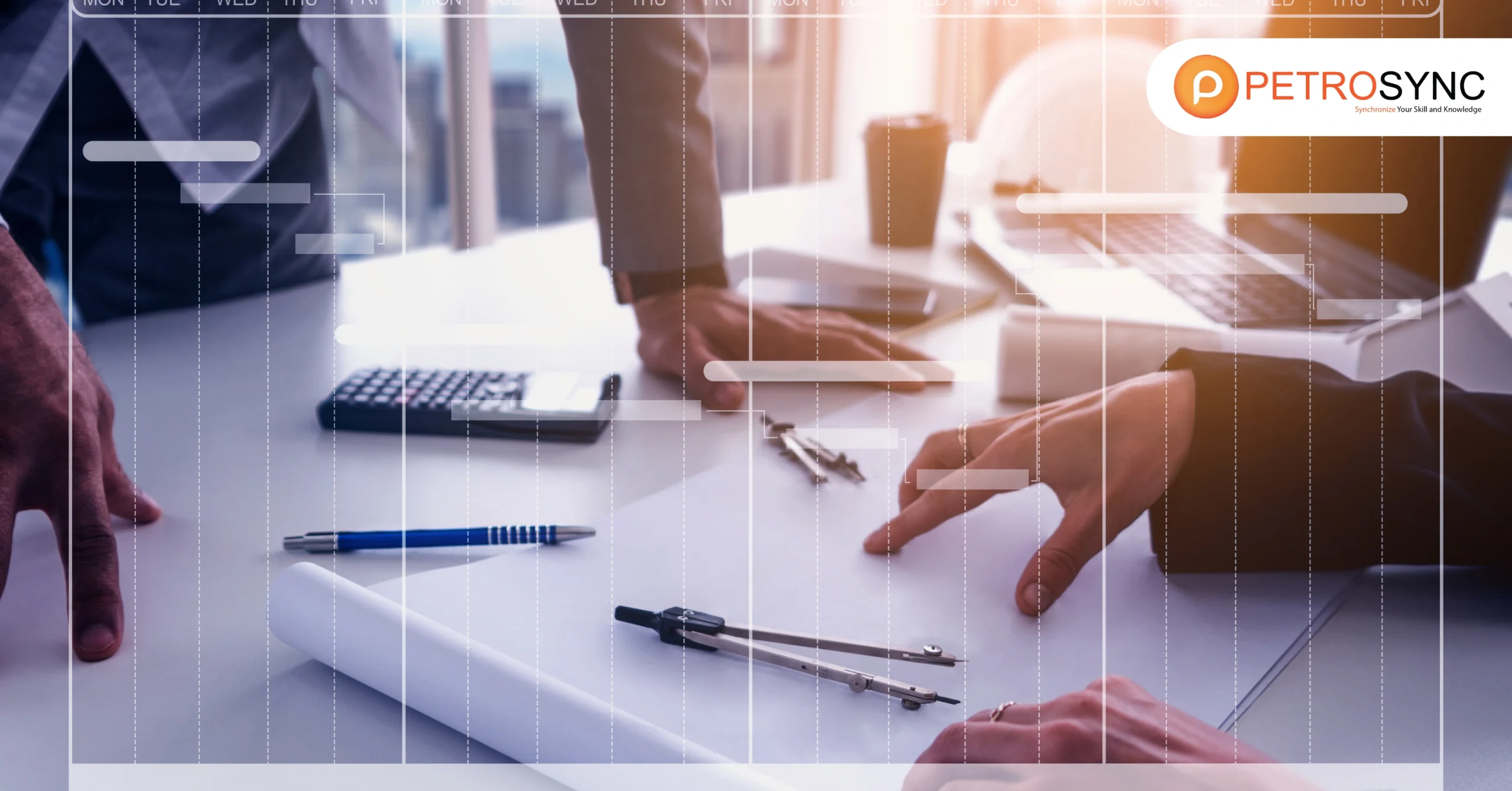If you want to become a certified pressure vessel inspector, you need to know about the API 510 Exam Body of Knowledge. In this easy-to-understand guide, we’ll explain what it is and why it’s important for you certification journey.
What Is API 510 Body of Knowledge?
API 510 meaning to become an API Authorized Pressure Vessel Inspector, you need to have a wide-ranging understanding of maintaining, inspecting, repairing, and making changes to pressure vessels. The API Authorized Pressure Vessel Inspector Certification Exam is the way to check if you’ve got that knowledge.
Meanwhile API 510 Body of Knowledge ensures you know how to inspect pressure vessels safely while having a study guide for the certification exam, telling you what topics you need to know. In general, the Body of Knowledge covers:
- Pressure Vessel Design and Fabrication
- Inspection Methods and Techniques
- Welding Processes and Inspection
- Non-Destructive Examination (NDE) Methods
- Material Properties and Selection
- Codes and Standards
- Repair and Alteration Procedures
What Publications Are Mentioned in API 510 Body of Knowledge?
Here’s a list of the topics you should know as an API Authorized Pressure Vessel Inspector.
API Publications:
1. API 510: Pressure Vessel Inspection Code: In-service Inspection, Rating, Repair, and Alteration
API 510 is all about inspecting pressure vessels while they are in service. It covers everything from how to assess their condition to making necessary repairs and changes to ensure safety and compliance.
2. API RP 571: Damage Mechanisms Affecting Fixed Equipment in Refining Industry
API 571 focuses on understanding and managing the various ways that equipment can get damaged in the refining industry. It’s essential for identifying potential issues and taking preventive measures.
3. API RP 572: Inspection Practices for Pressure Vessels, including Annex B, (all other Annexes are excluded)
This standard provides detailed guidance on how to inspect pressure vessels effectively, ensuring they meet safety and regulatory requirements. It includes valuable annexes that complement the inspection practices.
4. API RP 576: Inspection of Pressure-relieving Devices
This document is specifically concerned with inspecting pressure-relieving devices, which are crucial for maintaining the safety of pressure vessels. It outlines the practices and procedures to ensure these devices work as intended.
5. API RP 577: Welding Processes, Inspection, and Metallurgy
Understanding welding processes, inspection techniques, and metallurgy is vital for the proper construction and repair of pressure vessels. This standard provides guidelines for achieving quality and reliability in welding.
6. API RP 578: Guidelines for a Material Verification Program (MVP) for New and Existing Assets
When dealing with new and existing assets, verifying the materials used is essential for safety and compliance. API RP 578 offers guidelines for implementing material verification programs, ensuring the right materials are in place.
ASME Publications:
1. American Society of Mechanical Engineers (ASME) Boiler and Pressure Vessel Code:
Section V – Nondestructive Examination
This section provides detailed guidelines for nondestructive testing methods such as radiography, ultrasonic testing, and magnetic particle examination. These methods are essential for detecting flaws or defects in pressure vessel materials without causing damage.
Section VIII, Division 1 – Rules for Constructing Pressure Vessels
This part of the code outlines the requirements for the design, fabrication, and inspection of pressure vessels. It covers aspects like materials, design standards, and safety factors.
Section IX – Qualification Standard for Welding, Brazing and Fusion Procedures
Section IX focuses on the qualification of welding, brazing, and fusion procedures, as well as the certification of welders, brazers, and welding operators. It ensures that the personnel involved in pressure vessel construction and repair meet the necessary standards.
2. ASME PCC-2, Repair of Pressure Equipment and Piping
This document provides comprehensive guidelines for the repair of pressure equipment and piping systems. It covers various repair techniques, including welding and the application of composite materials. ASME PCC-2 is a valuable resource for ensuring the safe and effective repair of pressure vessels and related equipment.
What Topics Are Mentioned in API 510 Body of Knowledge?
| THICKNESS MEASUREMENTS, INSPECTION INTERVALS AND VESSEL INTEGRITY | ||
| 1. Corrosion Rates And Inspection Intervals | ||
| 2. Joint Efficiencies | ||
| 3. Static Head
4. Internal Pressure |
||
| 5. External Pressure | ||
| 6. Pressure Testing | ||
| 7. Impact Testing | ||
| 8. Weld Size for Attachment Welds at Openings | ||
| 9. Nozzle Reinforcement | ||
| WELDING PROCEDURE AND QUALIFICATION EVALUATION BASED ON ASME BOILER AND PRESSURE VESSEL CODE, SECTION IX | ||
| 1. Weld Procedure Review | ||
| 2. ASME Section VIII, Div. 1, and API 510: GENERAL WELDING REQUIREMENTS: | ||
| 3. The inspector shall be familiar with all the requirements of and information in API RP 577. | ||
| NONDESTRUCTIVE EXAMINATION | ||
| 1. ASME BPVC Section V, Nondestructive Examination | ||
| 2. ASME Section VIII, Div. 1, and API 510. General nondestructive examination requirements | ||
| PRACTICAL KNOWLEDGE – GENERAL | ||
| 1. Organization and Certification Requirements.
2. Types and Definitions of Maintenance Inspections. 3. Types of Process Corrosion and Deterioration. 4. Modes of Mechanical, Thermal, and High Temperature Deterioration. 5. Pressure Vessel Materials and Fabrication Problems. 6. Welding on Pressure Vessels. 7. Nondestructive Examination (NDE) Methods. 8. Corrosion and Minimum Thickness Evaluation. 9. Estimated Remaining Life. 10. Inspection Interval Determination and Issues Affecting Intervals. 11. Relief Devices. 12. Maintenance Inspection Safety Practices. 13. Inspection Records and Reports. 14. Repairs/Alterations to Pressure Vessels. 15. Rerating Pressure Vessels. 16. Pressure Testing After Repairs, Alterations, or Rerating |
||
| PRACTICAL KNOWLEDGE – SPECIFIC | ||
| 1. API 510, Pressure Vessel Inspection Code: In-service Inspection, Rating, Repair, and Alteration | ||
| 2. API 510, Pressure Vessel Inspection Code: In-service Inspection, Rating, Repair, and Alteration | ||
| 3. API RP-572, Inspection Practices for Pressure Vessels – The entire document is subject to testing, including Annex B. All other Annexes are not subject to testing. | ||
| 4. API RP 576, Inspection of Pressure-relieving Devices – The entire document is subject to testing except for annexes. | ||
| 5. API RP 577, Welding Processes, Inspection, and Metallurgy – The entire document is subject to testing | ||
| 6. API RP 578, Guidelines for a Material Verification Program (MVP) for New and Existing Assets – The entire document is subject to testing | ||
| 7. ASME PCC-2, Repair of Pressure Equipment and Piping | ||
Frequently Asked Questions Regarding API 510 Body of Knowledge
1. What are the prerequisites for taking the API 510 exam?
To be eligible for the API 510 exam, you should have at least 3 years of experience in the petrochemical, chemical manufacturing, or other relevant industries.
2. How can I prepare for the API 510 exam?
Adequate preparation includes thoroughly studying the API 510 Body of Knowledge, attending preparatory courses, and gaining practical experience.
3. What are the benefits of API 510 certification?
API 510 certification opens up a world of opportunities in the field of pressure vessel inspection, including better career prospects and higher earning potential.
4. Is it necessary to recertify for API 510?
Yes, API 510 certification requires regular recertification, typically every 3 years, to ensure that inspectors are up to date with industry standards and practices.
5. How do I find credible sources for the API 510 Exam Body of Knowledge?
Reputable sources include the American Society of Mechanical Engineers (ASME), the American Petroleum Institute (API), and the National Board Inspection Code (NBIC).
6. Can I use the API 510 Body of Knowledge during the exam?
No, the API 510 Exam Body of Knowledge is for study purposes only and cannot be used during the examination.
Following the API 510 Body of Knowledge (BOK) is crucial for your journey to certification. Think of the BOK as your roadmap—it shows you all the important areas you need to know. When you study what’s in the BOK, you will be well-prepared for the exam.
To help you succeed, PetroSync offers API 510 training. We make the material easy to understand and follow the BOK closely. We also craft the API 510 course to be more practical rather than theoretical. We believe that our expert instructor will guide you to succeed in the API 510 exam and boost your career in the oil and gas industry. Join us to become an expert in pressure vessel safety.

SEO specialist by day, fact-checker by night. An avid reader and content writer dedicated to delivering accurate and engaging articles through research and credible sources.






